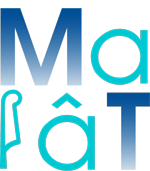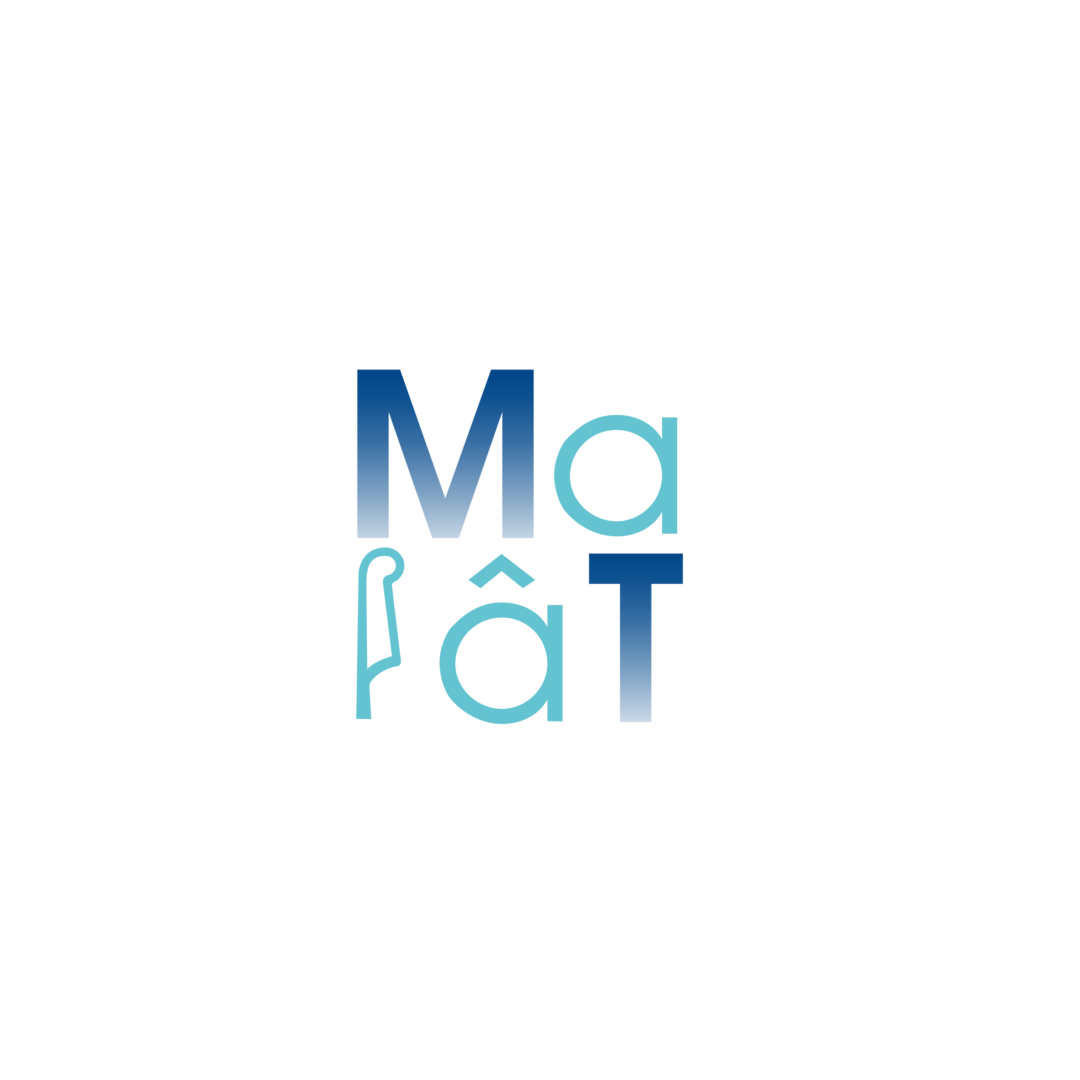MaaT Pharma Announces First Patient Dosed in Phase 3 ‘ARES’ Trial Evaluating MaaT013 in Patients with Acute Graft-vs-Host-Disease
- Pivotal Phase 3 clinical trial investigates the efficacy of lead Microbiome Ecosystem Therapy MaaT013 as third-line treatment in patients with steroid-resistant gastrointestinal acute Graft-versus-Host Disease (SR GI-aGvHD)
- ARES is the first Phase 3 trial globally for a microbiome-based therapy in haemato-oncology
Lyon, France, March, 28, 2022 6:00 pm CET – MaaT Pharma (EURONEXT: MAAT – the “Company”), a French clinical-stage biotech and a pioneer in the development of microbiome-based ecosystem therapies dedicated to improving survival outcomes for patients with cancer, announced today that the first patient has been dosed in its pivotal Phase 3 trial investigating MaaT013 in patients with acute Graft-versus-Host-Disease with gastrointestinal involvement (GI-aGvHD) who are refractory to both steroids, the standard of care first-line treatment, and to ruxolitinib[1] used as a second-line treatment. The open-label, single-arm Phase 3 study (NCT04769895), called ‘ARES’, evaluates the safety and efficacy of MaaT013, the company’s high-richness, high-diversity lead Microbiome Ecosystem Therapy (MET) as a third-line, salvage therapy in GI-aGvHD patients[2]. aGvHD is a severe complication of an allogeneic stem cell transplant and every year, approximately 10,000 patients are diagnosed globally.
“Initiating the pivotal Phase 3 trial with our lead candidate MaaT013 is an important milestone for our company and for the microbiome therapeutics field worldwide. If ARES is successful, we believe this study could serve as the basis for MaaT013’s approval in this severe indication with a very high unmet need,” said Hervé Affagard, co-founder and CEO of MaaT Pharma.
ARES is a Phase 3 multicenter, international, open-label, single-arm study assessing the safety and efficacy of MaaT013 in 75 patients with Grade II-IV GI-aGvHD who are refractory to steroids and are resistant or are intolerant to ruxolitinib. The clinical trial will be conducted in up to 40 different sites across the European Union. To date, the company has received regulatory approvals from France, Germany and Spain, and the clinical trial may also be expanded to sites in the United States subject to regulatory approval. Eligible patients in the ARES study will be administered a total of 3 doses of MaaT013 as an enema formulation over a period of 10 days. The primary endpoint of the study is the GI-overall response rate (GI-ORR) to MaaT013 treatment at day 28. Secondary endpoints include the safety and tolerability of MaaT013 up to 12 months, as well as overall survival after 12 months. A first data review is expected in Q1 2023 after enrollment of half the patients in the study.
Prof. Mohamad Mohty, Professor and Head of the Hematology and Cellular Therapy Department at the Saint-Antoine Hospital and Sorbonne University and past-president of the European Society for Blood and Marrow Transplantation (EBMT) added, “The medical need is extremely high for GI-aGvHD patients who are refractory to both steroids and ruxolitinib, as they face an 80% mortality rate within the first few months[3]. By restoring the gut microbiome ecosystem, MaaT013 opens a brand-new therapeutic modality and provides a strongly differentiated, immuno-restorative approach that may complement standard immunosuppressive drugs and may provide a breakthrough for patients with no other therapeutic options.”
The Phase 3 ARES trial builds on previously shared positive results from the company’s Phase 2 HERACLES study of MaaT013 (n= 24) and from data of 52 patients benefiting from an ongoing early access program with MaaT013 in France. Both clinical datasets demonstrated that MaaT013 was generally well tolerated in this heavily immunocompromised patient population and demonstrated promising clinical benefit, which translated into a positive impact on overall survival rates in patients responding to the treatment. To date, more than 100 patients with aGvHD have been safely treated with MaaT013.
_________________________________________________________
[1] Ruxolitinib was approved for second-line treatment of aGvHD in the US in 2019 and has received a positive CHMP opinion in Europe on March 25, 2022 (https://www.novartis.com/news/media-releases/novartis-receives-positive-chmp-opinion-jakavi-treat-acute-and-chronic-graft-versus-host-disease). In the absence of a standard of care after first line of treatment, data from centers benefitting from MaaT Pharma’s early access program to MaaT013 in France show that up to 70-80% of patients with GI, SR aGVHD have received ruxolitinib before entering said program.
[2] Median previous lines of treatment: 3. Including 77% having failed both steroids and ruxolitinib.
[3] Source : REACH 1 trial
About steroid resistant, gastro-intestinal acute Graft-vs-host-Disease (SR, GI aGvHD)
Acute Graft-versus-Host Disease occurs in patients within 100 days of undergoing a stem cell or bone marrow transplant. The transplanted cells “attack” the recipient, causing inflammation of the skin, liver and/or gastro-intestinal tract. GI-aGvHD results in patients experiencing very high volumes of diarrhea which can be life-threatening. The standard first line therapy for treating aGvHD is the use of systemic steroids. If patients do not respond to steroids, they are considered Steroid Resistant (SR) and other agents can be administered. Currently the only agent approved for treating SR aGvHD after failure of steroid treatment is ruxolitinib, which is currently approved for this indication in USA and has received approval from the European Medical Agency’s Committee for Human Medicinal Products (CHMP) on March 25, 2022.
About MaaT013
MaaT013 is a full-ecosystem, off-the-shelf, standardized, pooled-donor, Microbiome Ecosystem Therapy. It is characterized by a consistently high diversity and richness of microbial species and the presence of ButycoreTM (group of bacterial species known to produce anti-inflammatory metabolites). MaaT013 aims to restore the symbiotic relationship between the patient’s functional gut microbiome and their immune system to correct the responsiveness and tolerance of immune functions and thus reduce steroid-resistant, gastrointestinal-predominant aGvHD. MaaT013 has been granted Orphan Drug Designation by the US Food and Drug Administration (FDA) and the European Medicines Agency (EMA).
About MaaT Pharma
MaaT Pharma, a clinical stage biotechnology company, has established a complete approach to restoring patient-microbiome symbiosis in oncology. Committed to treating cancer and Graft-versus-Host Disease (GvHD), a serious complication of allogeneic stem cell transplantation, MaaT Pharma has already achieved proof of concept in a Phase II clinical trial in acute GvHD. Its powerful discovery and analysis platform, gutPrint®, supports the development and expansion of its pipeline by determining novel disease targets, evaluating drug candidates, and identifying biomarkers for microbiome-related conditions.
The company’s Microbiome Ecosystem Therapies are produced through a standardized cGMP manufacturing and quality control process to safely deliver the full diversity of the microbiome, in liquid and oral formulations. MaaT Pharma benefits from the commitment of world-leading scientists and established relationships with regulators to support the integration of the use of microbiome therapies in clinical practice.
MaaT Pharma is listed on Euronext Paris (ticker: MAAT).

Forward-looking Statements
All statements other than statements of historical fact included in this press release about future events are subject to (i) change without notice and (ii) factors beyond the Company’s control. These statements may include, without limitation, any statements preceded by, followed by or including words such as “target,” “believe,” “expect,” “aim,” “intend,” “may,” “anticipate,” “estimate,” “plan,” “project,” “will,” “can have,” “likely,” “should,” “would,” “could” and other words and terms of similar meaning or the negative thereof. Forward-looking statements are subject to inherent risks and uncertainties beyond the Company’s control that could cause the Company’s actual results or performance to be materially different from the expected results or performance expressed or implied by such forward-looking statements.


